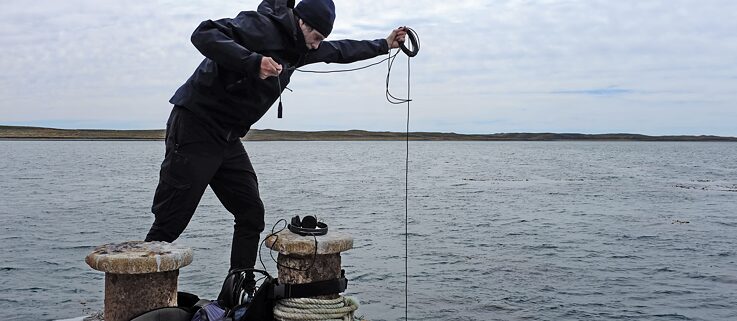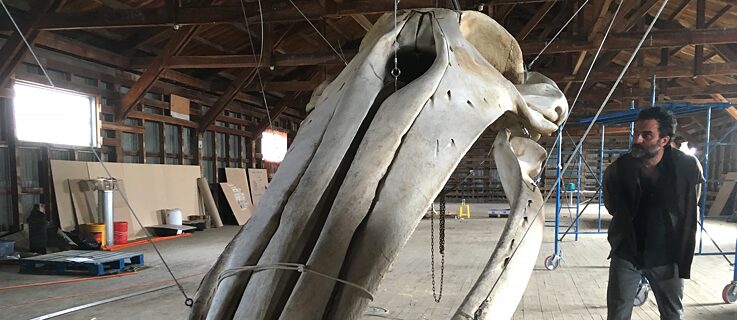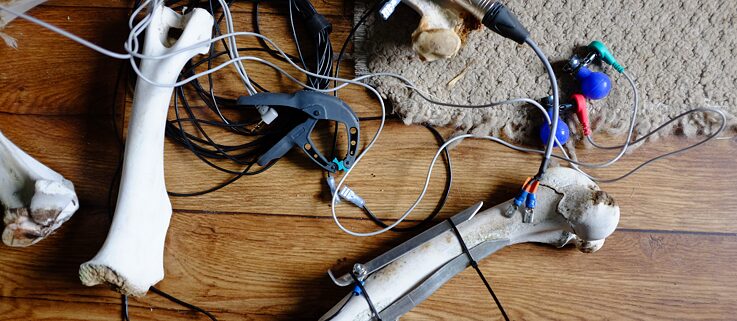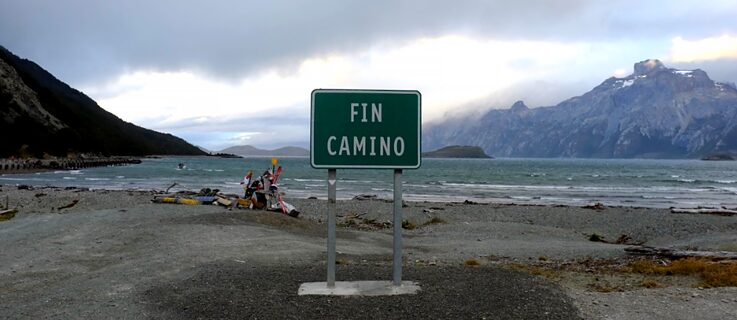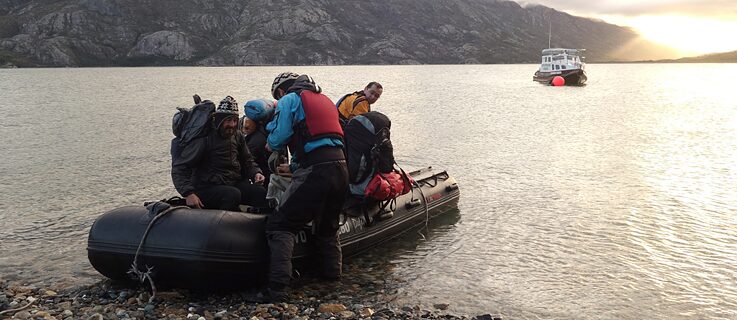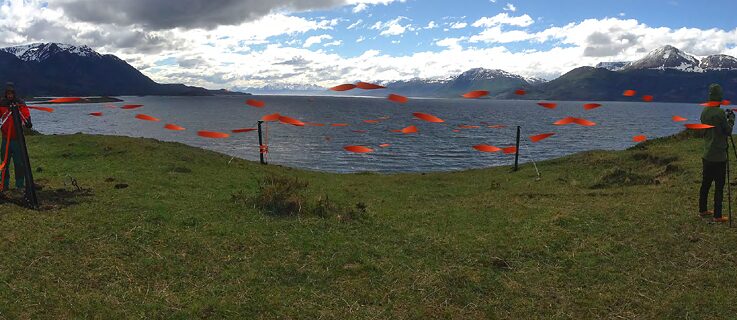Terra Ignota – Sonic Islands
The Terra Ignota project was initiated in 2015 by and for a dynamic group of Chilean and international artists, scientists, curators and producers as a recurrent nomadic lab in Patagonia and Tierra del Fuego. Terra Ignota is informed by archeology, (colonial) history, (indigenous) practices, nature and climate of the region and is aiming to connect that to urgent global questions.
With this joint project proposal we want to focus on the different auditory aspects of the related topics. Listening and sounding in order to change perspective, in the process of knowledge production and in the acts of mediation to an audience.
The research process will be carried out in Tierra del Fuego and the geographically and culturally mirrored island of Rügen – both located almost on the exact same latitude (54°36'20.5"S / 54°36’20.5”N). The results will be shown on the opposite sides in the different local contexts - drawing literally a straight connection line through the globe.
Sound artist: Kerstin Ergenziger (DE), Florencia Curci (ARG), Christian Espinoza (CL), Victor Mazon (ES), Raviv Ganchrow (NL) | Artist, activist, Selk’nam Community: Fernanda Olivares Molina (CL) | Ethnographer: Claudia Augustat (AUS) | Archaeologist: Alfredo Prieto Iglesias (CL) | Sound artist, curator: Carsten Stabenow (DE), Nicolas Spencer (CL)
The project was funded by the International Coproduction Fund of the Goethe Institute, the Chilean Ciencia Publica Program (Ministerio de Ciencia, Tecnologia, Conocimiento e Innovación) and the Musikfonds e.V..
This project is part of round 12 of the International Coproduction Fund, year 2022.
